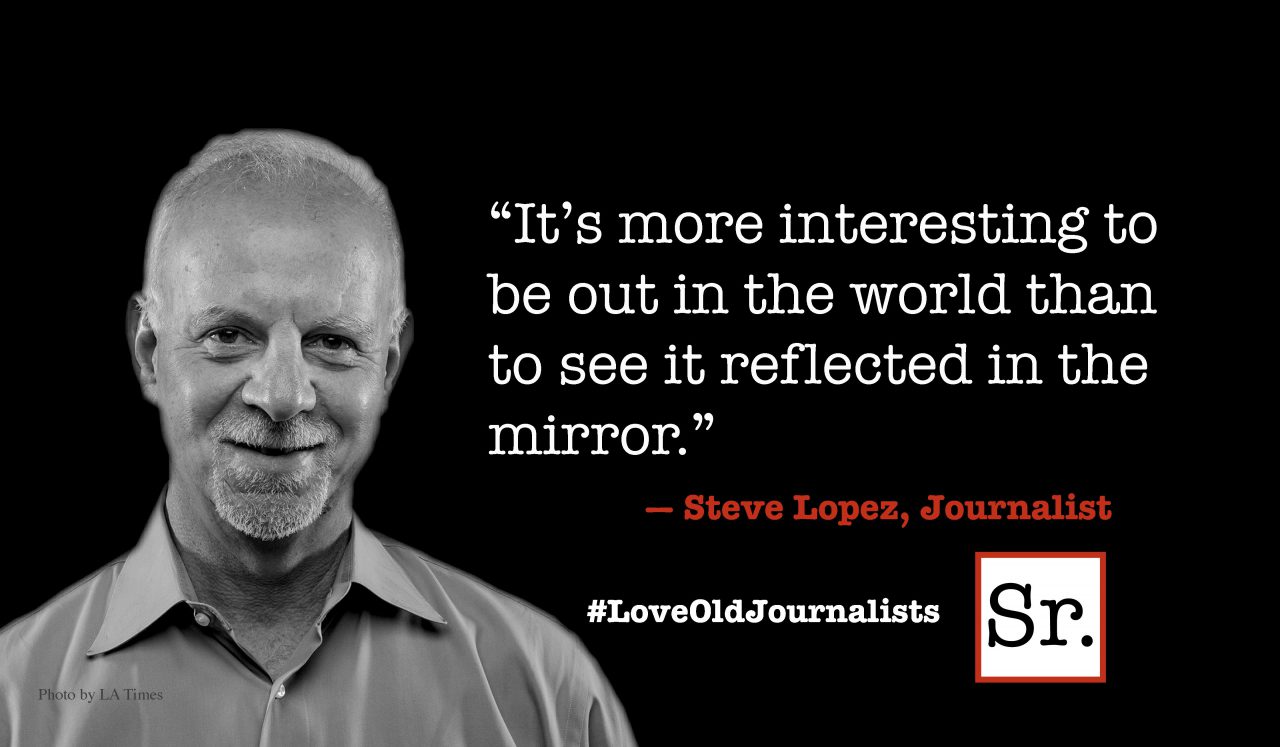There is no question that Dr. Mark Labberton, President of Fuller Theological Seminary, speaks for a significant cohort of thoughtful evangelicals. On April 16 of this year, he addressed a meeting of conservative leaders at Wheaton College. This is the second of three columns dealing with Dr. Labberton’s speech.
Much of the first part of his address is an affirmation that the major task of the evangelical community is calling the world to acknowledge the Lordship of Jesus Christ. Evangelism is the central act of all Christian witness. “Sharing the good news must be the first responsibility of every committed Christian.” Clearly, for Dr. Labberton, every other loyalty is subservient to the proclamation of the gospel. When, however, his conscience compels him to reflect on what is happening in society beyond that central reality, it is always seriously addressed within the primacy of the biblical message.
In this address, therefore, Dr. Labberton moves quickly to events surrounding the 2016 presidential election and asks what happens when “Christians in both parties find the others’ candidate patently unacceptable. I feel a personal urgency to stop, to listen, to confess and to repent. But alongside the rich history of gospel faithfulness that evangelicalism has affirmed, there lies a destructive complicity with dominant cultural and racial power. We must deal with the current bankruptcy many associate with evangelical life.”
The rest of the address is focused on four issues that must be understood in light of the primary confession that “Jesus is Lord.” The first concern he addresses is …
The Issue of Power
“As those who seek to live in the kingdom of God, we profess that Jesus is Lord and all other power must be reframed in light of this reality.” Dr. Labberton laments the reality that evangelicals have often sought to be aligned with political power “from the time of Billy Graham through the Moral Majority and the religious right to the Tea Party and most recently with the white evangelical vote.”
Dr.Labberton is also aware that “evangelicals have often felt marginalized, repudiated, defeated and silenced by the nation’s power brokers,” but he holds that any lust for power, or for the blessing of America’s power brokers, is a rejection of the affirmation that all power is from God.
The Issue of Race
Dr. Labberton is unequivocally clear that racial bigotry has often played a role in the less than faithful proclamation of the gospel. He laments that “our story is intertwined with, and often responsible for much of the violence and oppression around racial injustice in our American story. Evangelicals … testified to a God of redemption but whose theological, political, social and economic choices contributed to suffering and injustice.” He then makes reference to “Ferguson, Charlottesville, and “shithole countries,” and is deeply distressed that often “evangelicals have been inclined to support the oppressors and not the oppressed.”
“When some white evangelicals triumphantly pronounce that we now have 'the best president the religious right ever had,' this should not be an indictment of President Trump but of white evangelicalism.”
Next week I will be looking at how Dr. Labberton sees two other vital issues, nationalism and economics as playing a role in the way evangelicals have compromised the central proclamation surrounding the lordship of Christ. In conclusion, I will then ask whether Dr. Labberton in this presentation answers my initial question — “How can any evangelical Christian continue to support Donald Trump?"









